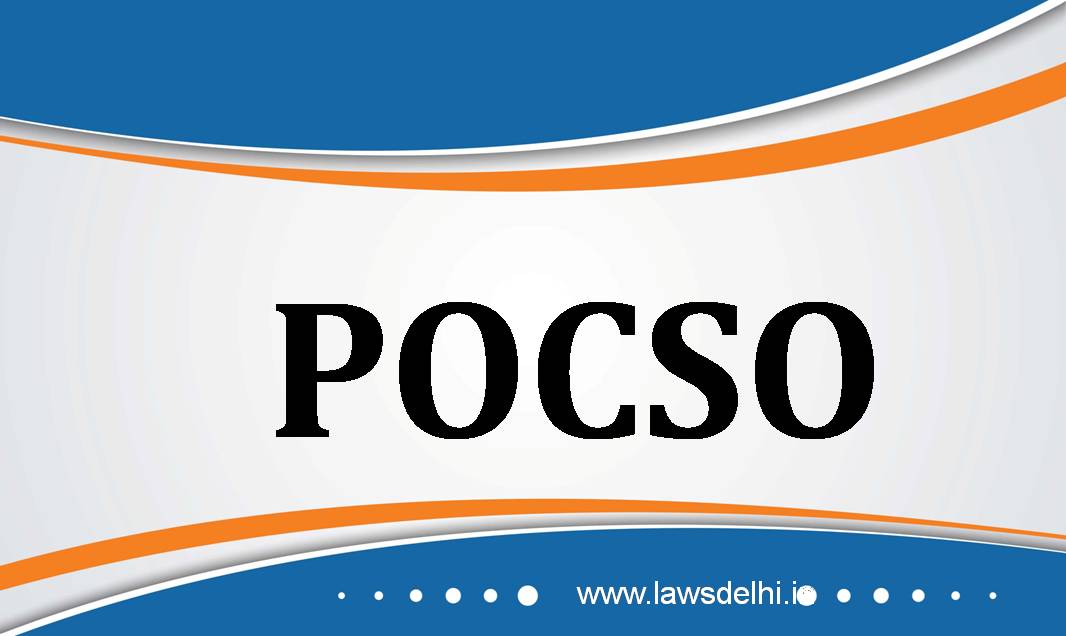In a suit filed for partition, the courts must endeavour to comprehensively adjudicate and decide the right entitlement and share of the parties in the same proceeding and must avoid multiplicity of proceedings or relegating parties to a fresh round of litigation – Partial adjudication in the circumstance of the case is erroneous and ought to have been avoided – Matter remitted to Learned Single Judge of High Court
SUPREME COURT OF INDIA DIVISION BENCH VIKRANT KAPILA AND ANOTHER — Appellant Vs. PANKAJA PANDA AND OTHERS — Respondent ( Before : Aniruddha Bose and S.V.N. Bhatti, JJ. ) Civil…







